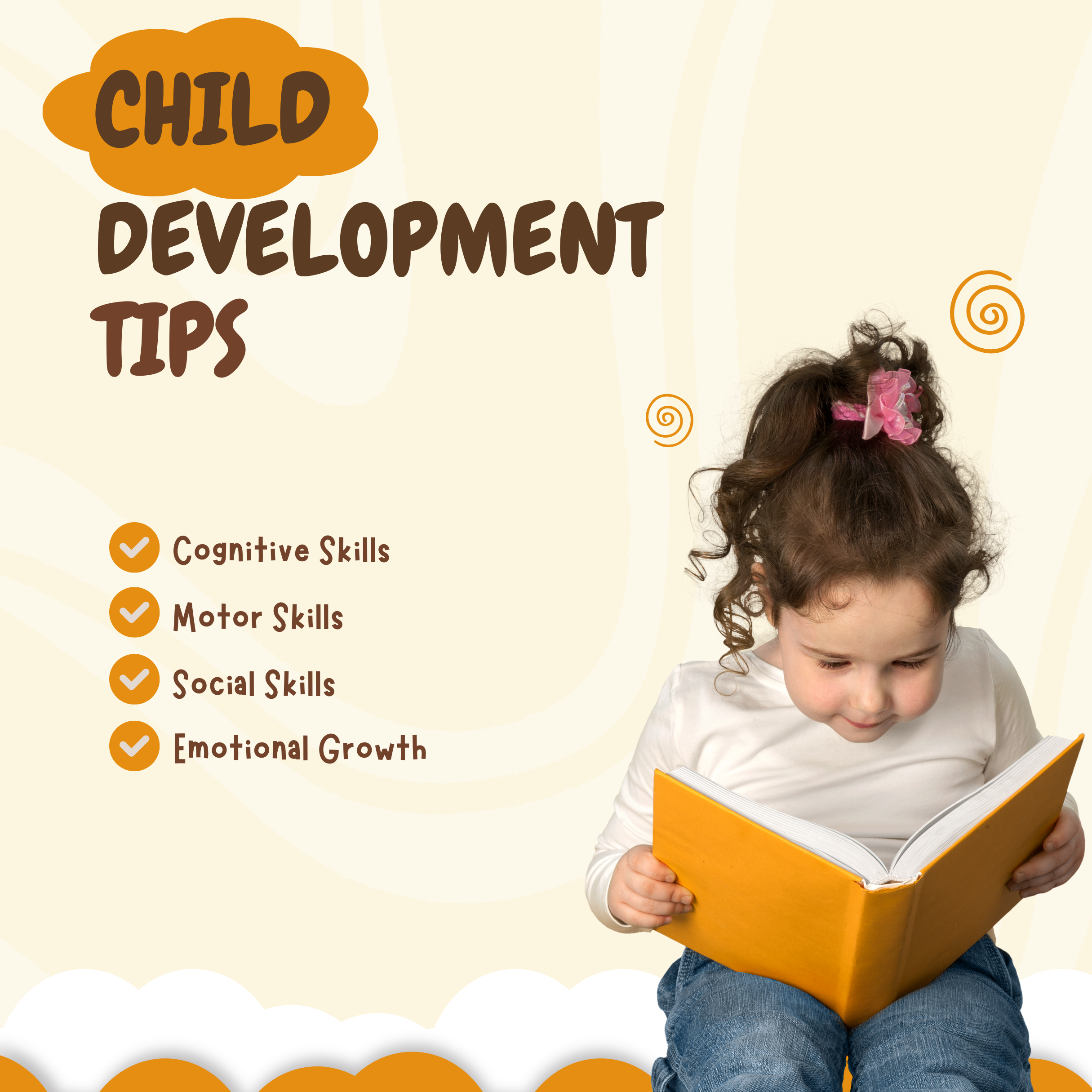
The Role of Play in Child Development: Insights and Research
Play is more than just a fun activity for children; it is a vital component of healthy development. Through play, children learn about the world around them, develop critical skills, and build the foundation for future learning and growth. Let's explore the insights and research on the role of play in child development and discover how you can encourage this essential activity, with a spotlight on how Be Cre8v's(Be Creative) products can support this process.

The Importance of Play
-
Cognitive Development Play stimulates brain development and helps children develop critical thinking, problem-solving, and decision-making skills. Research shows that children who engage in play-based learning have better memory, language skills, and overall cognitive abilities. For instance, building blocks, puzzles, and educational toys that require assembling or creating can significantly enhance these skills. Be Cre8v’s(Be Creative) DIY STEAM Kits are excellent tools to boost cognitive development through hands-on play.
-
Physical Development Physical play is essential for developing fine and gross motor skills. Activities such as climbing, running, jumping, and manipulating small objects help children improve coordination, strength, and agility. Simple games like playing catch, riding bikes, or even navigating an obstacle course can be incredibly beneficial. Be Cre8v’s Motorized Plane Launcher can also enhance these skills while providing hours of fun.
-
Social Development Through play, children learn to interact with others, share, negotiate, and resolve conflicts. Role-playing games, group activities, and cooperative toys encourage children to work together, communicate effectively, and understand different perspectives. These experiences are crucial for developing empathy and social competence. Toys like Be Cre8v’s(Be Creative) RoboCoders can encourage teamwork and communication.
-
Emotional Development Play allows children to express their emotions and cope with feelings in a safe environment. Creative activities such as drawing, painting, and imaginative play help children explore their emotions and develop resilience. This emotional outlet is essential for mental health and well-being. The Spin Art Machine from Be Cre8v(Be Creative) provides a creative way for children to express themselves artistically.

Research Insights on Play
-
Play and Academic Success Numerous studies have demonstrated that children who engage in regular play are more likely to succeed academically. Play-based learning enhances concentration, creativity, and the ability to understand complex concepts. Schools that incorporate more play into their curriculum often see improved academic outcomes.
-
The Impact of Play on Mental Health Play is linked to better mental health in children. It reduces stress, anxiety, and depression while boosting self-esteem and happiness. Engaging in play helps children develop coping mechanisms and emotional resilience, which are crucial for their overall well-being.
-
The Role of Play in Developing Life Skills Play teaches essential life skills such as problem-solving, decision-making, and adaptability. It encourages children to think creatively and approach challenges with confidence. These skills are not only beneficial during childhood but also lay the groundwork for successful adulthood.
Tips for Encouraging Play
-
Create a Play-Friendly Environment Set up a dedicated space where your child can play freely. Ensure it is safe, accessible, and filled with a variety of toys and materials that encourage creativity and exploration. Items such as building blocks, art supplies, and outdoor play equipment can provide endless opportunities for imaginative play. Be Cre8v offers a range of products that can help create an engaging play environment.
-
Encourage Open-Ended Play Provide toys and activities that do not have a predefined outcome. Open-ended toys, like building sets, art supplies, and simple props for imaginative play, allow children to use their creativity and come up with their own ideas and solutions.
-
Limit Screen Time While technology can be educational, too much screen time can hinder creative thinking. Encourage your children to take breaks from screens and engage in hands-on activities instead. Outdoor play, board games, and crafting are great alternatives.
-
Be a Play Role Model Join your children in play and show them that it’s valuable and enjoyable. Participate in their games, build projects together, or simply spend time outdoors. Your involvement demonstrates that play is important and fun.
-
Provide Diverse Experiences Expose your children to a variety of activities and experiences. Visits to museums, nature walks, cooking, and experimenting with new materials can inspire creativity and broaden their horizons.

Conclusion
Play is a fundamental part of childhood that significantly impacts cognitive, physical, social, and emotional development. By understanding the importance of play and incorporating it into daily routines, parents can support their children's growth and prepare them for future success. Encourage your child to explore, create, and discover through play, and watch them thrive in all aspects of their development.
Remember, play is not just about having fun; it’s about learning, growing, and becoming the best version of oneself. Embrace the power of play and help your child unlock their full potential with creative and educational toys from Be Cre8v.


